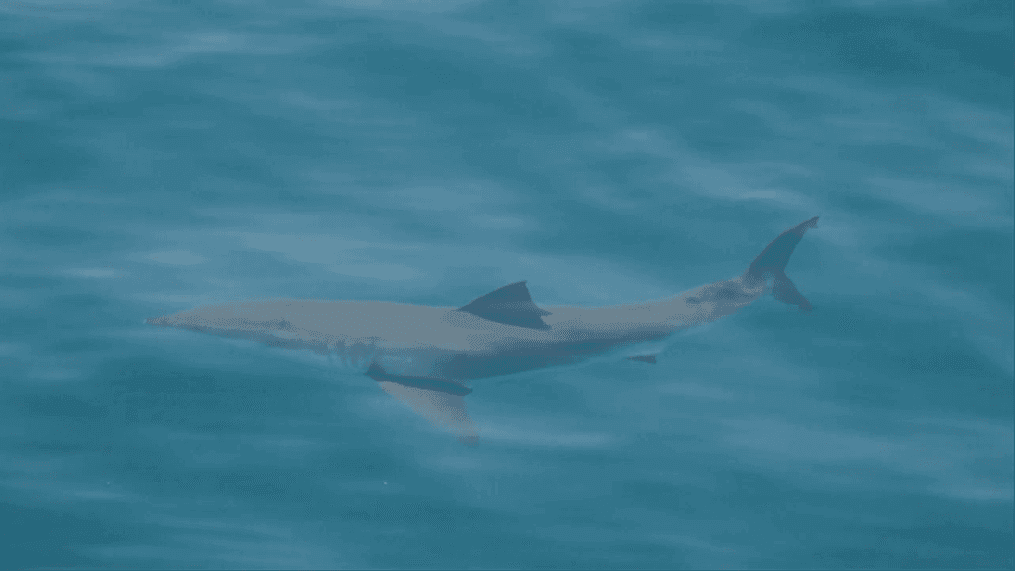Expert thinks Carolina coast may hold key to discovery about Great White Sharks

MOREHEAD CITY, N.C. (WCTI) – A nonprofit organization is wrapping up its “Expedition Carolinas” on the Crystal Coast and recently tagged a nearly 500-pound Great White Shark.
OCEARCH founder Chris Fischer said their three-week expedition off the coast was to help them solve one of the last remaining questions about white sharks’ behavior: where they mate.
He thinks he can find that answer off the Crystal Coast.
Coming in at 460 pounds, tagged just off the shore of Cape Lookout, lurking just beneath the surface, is Crystal, one of those white sharks.
“Crystal was a beautiful 10-foot sub adult female," said Fischer, the expedition leader.
For three weeks in March, his team set out to gather research to help them answer where white sharks mate.
“Mother Nature isn’t gonna give this up easy. It’s an ancient secret. It’s gonna take a lot of hard work to be able to collect the data and prove where and when they’re mating," said Fischer. “It’s the only place where we’ve found that we are seeing mature white sharks that look like they are ready to mate."
Fischer said it’s the hormone levels of the white sharks while they are in Carolina waters that could hold the answer to their questions.
"The main reason we are spending our time off the Carolinas is because the female white sharks. We’ve seen high estrogen levels, and in the male sharks, high testosterone levels, much higher than we are seeing anywhere else,” he said.
As for Crystal, while she’s a juvenile shark, Fischer said over the next five years, her migration patterns will become vital to this research.
“We will see her one-year migratory path transition into a two-year migratory loop because it will be interrupted by gestation," said Fischer.
The team said they did face challenges during the expedition, especially rough waters.
